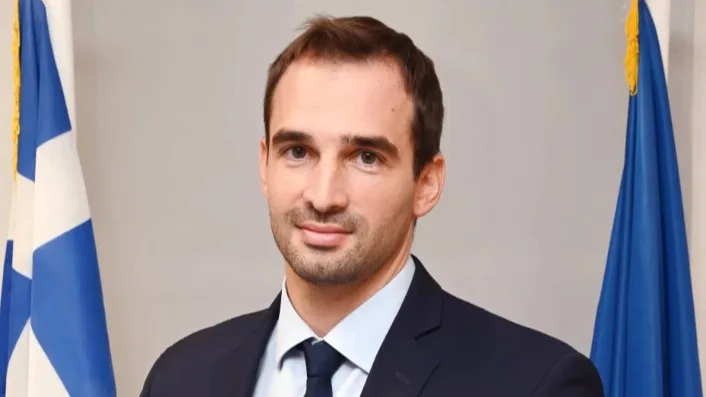My frantic seeking of a particular medicine for an ill family member here in Greece included visiting dozens of pharmacies in Athens, and calling others around the country – but, to no avail. This left me perplexed to say the least, as to why this much needed and prescribed medicine was “out of stock.”
The pharmacies all tried phoning their pharmaceutical suppliers / warehouses to enquire but were met with “sorry it’s not available.” At my wits end, I decided to write to the Ministry of Health regarding my predicament. I did get a response, and to cut a long story short, received a call from the Secretary General for Strategic Planning from the Hellenic Ministry of Health (MoH), Dr Aris Angelis who organised for the required medication to be sent to my local chemist – and agreed to an interview for The Greek Herald.
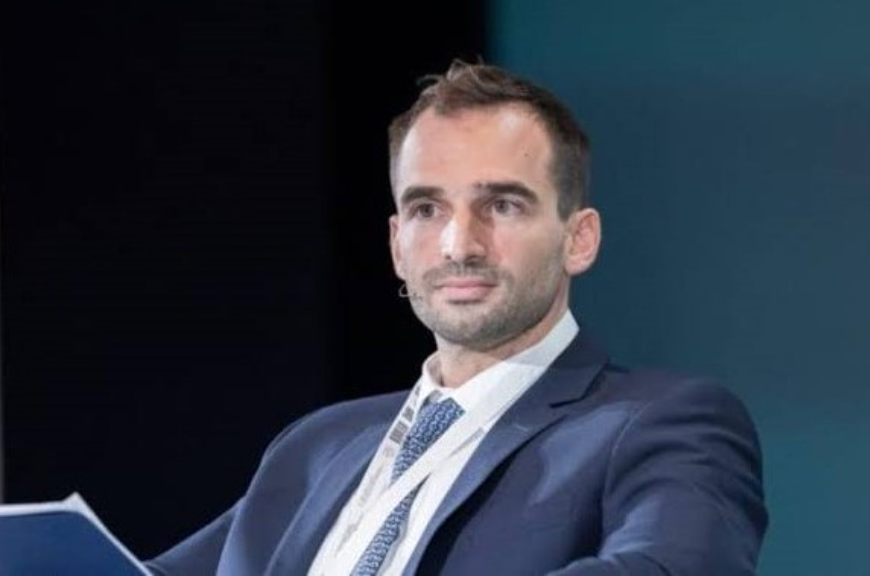
Dr Angelis, who has held this MoH position since the summer of 2023, describes it as “a political decision-making role, in the sense that it is assigned by the central government and the Prime Minister in collaboration with the Minister, being responsible for coordinating the activities and managing the operations of several MoH departments and their supervised organisations.”
“In terms of the General Secretariat for Strategic Planning portfolio, most of my time goes to pharmaceutical policy related activities, ranging from regulating the supply chain and managing patient access, to developing new laws and implementing European regulations, including resolving distortions of the system,” he added.
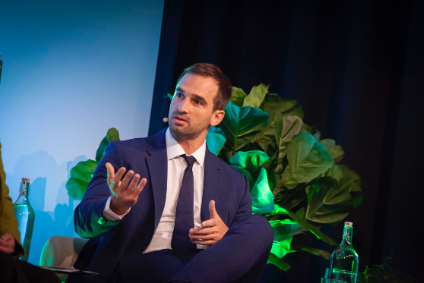
In the meantime, I did my own research into the “distortions of the system” for the case of medicines’ shortages, in which pharmaceutical companies, pharmaceutical warehouses and pharmacies seem to be involved in a blame game.
Apparently, a major reason for medicine shortages in Greek pharmacies appears to be the low pricing of prescribed medicines compared to the rest of the European countries (ie. based on the average of the two lowest prices in the Eurozone countries). And while this reflects well-intentioned government efforts to make healthcare more accessible, it has also created challenges in the pharmaceutical supply chain.
Unfortunately, due to the differential price dynamics, many pharmaceutical warehouses in Greece have an incentive to export medications abroad, as they profit from the higher prices; a practice which is not illegal, provided that domestic needs are fully met. The trouble is there hasn’t been a definitive enforcement mechanism as to whether the Greek public’s needs for specific / a specific medication have been met first.
Then there’s the clawback mechanism (i.e. mandatory pay backs), whereby the government covers the bills of pharmaceutical companies for a determined amount of public spending, equal to the national pharmaceutical budget. Any medicines utilised beyond this legislated, set amount have to be provided essentially free of charge by the companies, some which might claim they face “supply chain issues”, leading to shortages or market withdrawals.

My initial respect for Dr Angelis’ direct intervention with my case, has been further instilled due to the fact that he has been working diligently to address the difficulties the public often face in procuring medicines (and not just).
“We have prioritised patient access by developing systems like the Electronic System for Monitoring Drug Distribution (ISPADIF), which tracks medicines in real time and has already been recognised as an EU best practice…” he explains.
“In parallel, we are reforming the clawback system through investment offsetting mechanisms under Greece 2.0 for the period 2020-2026, which have already mobilised €1.5 billion in pharmaceutical investments in Greece and will lead to new manufacturing plants, research centres, and creation of new jobs – enhancing both affordability and local availability of medicines.”
Furthermore, Dr Angelis admits: “The Greek health care system, like most others, has faced a number of challenges over the years, shaped by a range of historical, economic and structural reforms. What is important though now is the continuous commitment to ameliorate, strengthen and ultimately reform and digitally transform the system to better serve the needs of our citizens.”
It seems to me that the young and conscientious Dr Angelis represents the best qualities of a Greek Ministerial official, an observation I ascertained in the open and good faith addressing of the many questions I posed.
Born and raised in Athens until the age of 18, Dr Angelis then left in 2004 to study in London where he lived for 20 years. He holds a Doctor of Philosophy (PhD) in Health Policy and Economics from the London School of Economics and Political Science (LSE), as well as a MSc in International Health Policy from there, an MSc in Biopharmacy from King’s College London and a BSc in Biochemistry from Imperial College London.
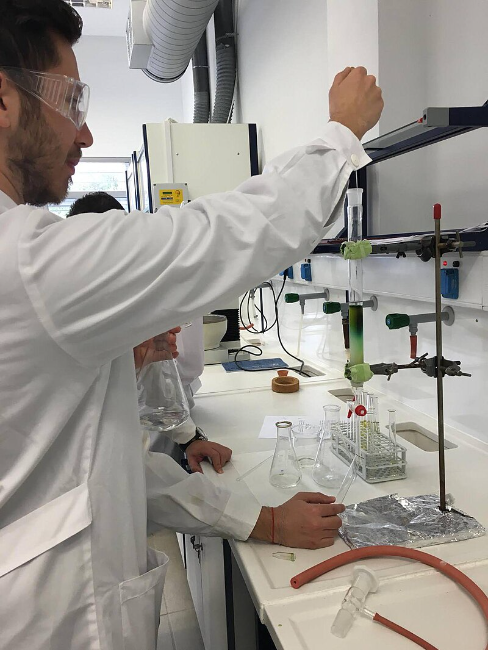
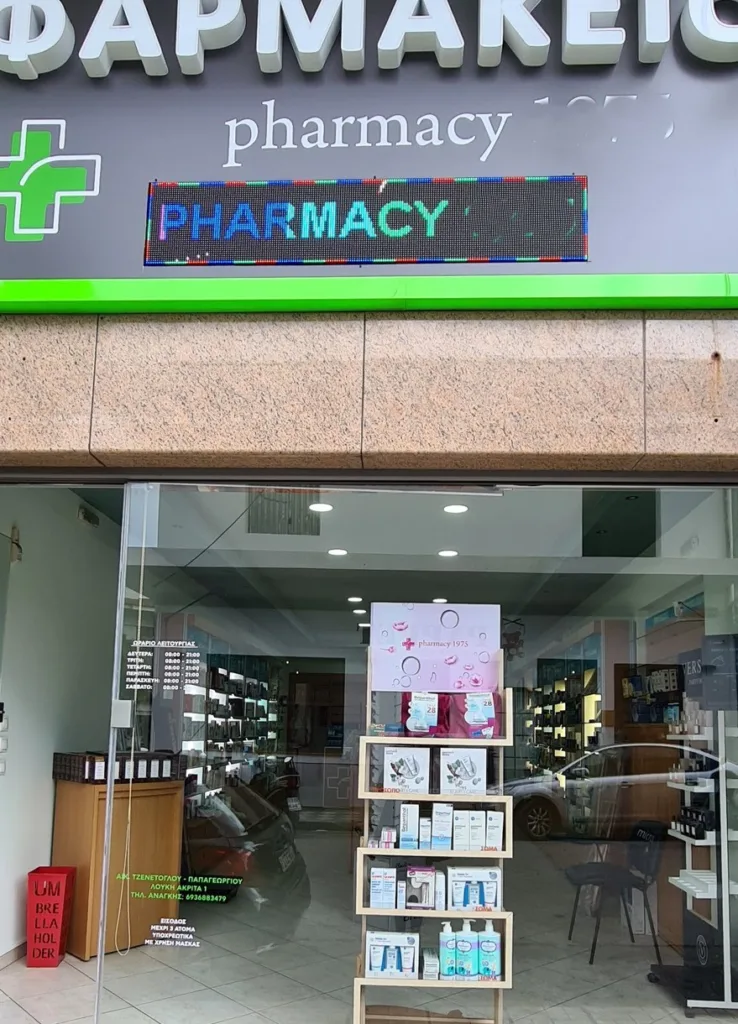
Prior to this role, Dr Angelis was Assistant Professor of Health Economics in the Department of Health Services Research and Policy at the London School of Hygiene & Tropical Medicine (LSHTM), where he’s still a Visiting Associate Professor. Before that he was a Research Fellow and a Guest Teacher at the Department of Health Policy at the London School of Economics and Political Science (LSE).
Dr Angelis has also published numerous research papers and studies in leading academic peer reviewed journals, and has been involved with research, training and advisory work for the European Commission, the World Health Organisation and national Ministries of Health, including the UK Department of Health and Social Care.
On a more personal note, he tells me: “I knew a couple of Australians in London, and really enjoyed their accent and sense of humour,” adding, “I believe I would love the nature and weather, and as an amateur surfer could try to hunt down some smooth wave barrels. I would be a bit afraid of sharks and jet lag though!”
I also Dr Angelis whether a Reciprocal Health Agreement will be organised between Greece and Australia; why it hasn’t been already, and what’s preventing it?
He states: “I am not currently aware of this, and would need to look into it further. That said, I can acknowledge that the level and scope of cooperation agreements in general between Greece and other countries, outside of the EU, is steadily advancing, with the Ministry remaining open and engaged in exploring new areas of collaboration.”
